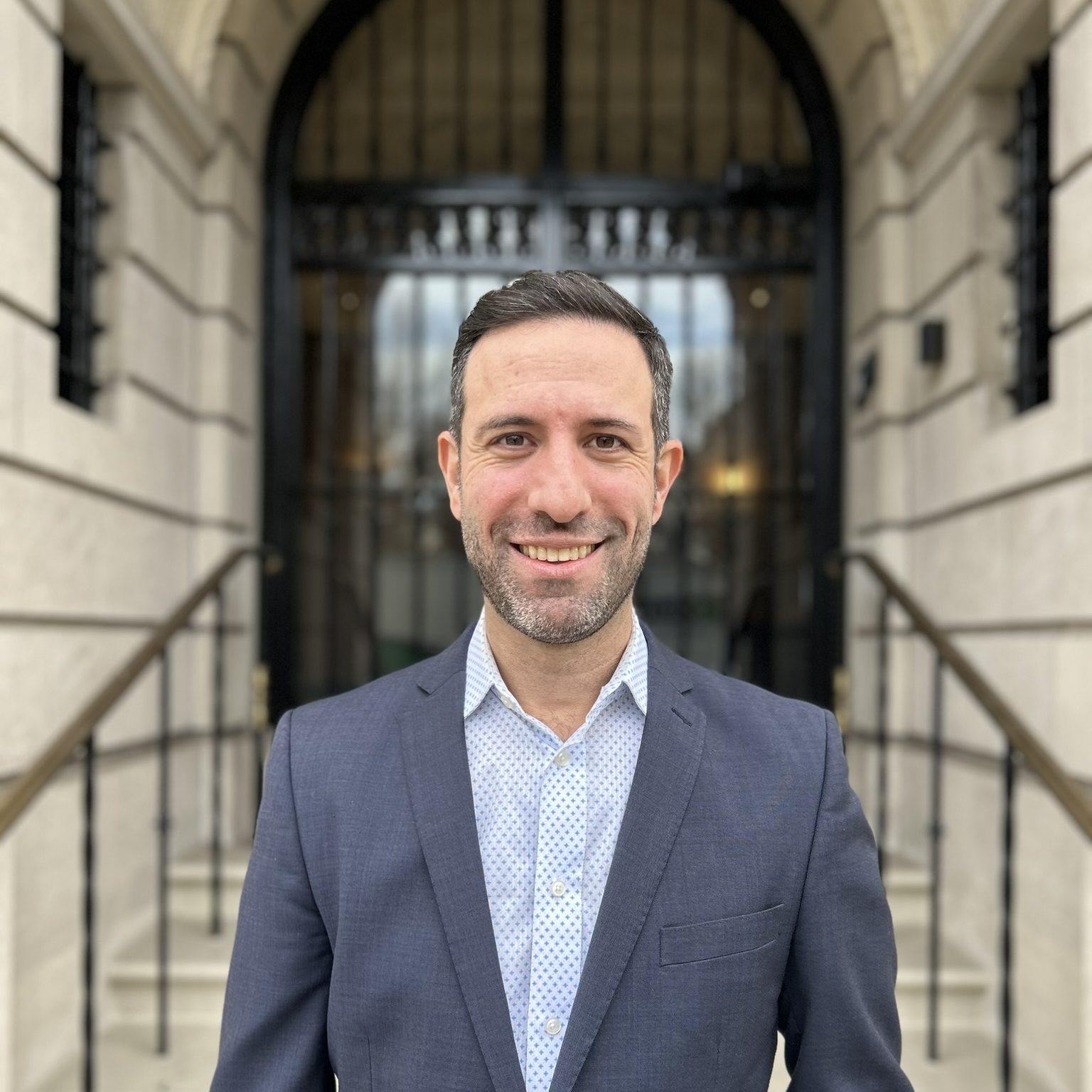Despite a lower profile in the national debate, the tools, tactics, motivations, and actors associated with foreign interference in US elections have evolved significantly since Russia’s “sweeping and systematic” 2016 operation. The Cybersecurity and Infrastructure Security Agency (CISA), Federal Bureau of Investigation (FBI), and Office of the Director of National Intelligence (ODNI) spelled out foreign actors’ tools and tactics in an April 2024 guide and recent intelligence community reports have shown foreign actors—new and old players—attempting to interfere in US elections with varying motivations. One overarching theme is clear: real or perceived chaos in US democracy benefits our adversaries.
Advances in generative artificial intelligence (AI) are the real wild card of the 2024 elections. The People’s Republic of China (PRC) has created AI-generated clips of TV anchors in Taiwan and bad actors in Slovakia released fake AI-generated audio two days before that country’s election last fall. AI was even used in robocalls during the New Hampshire primary campaign. ASD at GMF published the AI Election Security Handbook earlier this year that outlines how election administrators should be thinking about the AI threat to elections, both from a cyber and information perspective, and how they can prepare.
The US Senate Select Committee on Intelligence is holding a hearing “to examine an update on foreign threats to the 2024 elections”. Here are five questions committee members should ask:
- Are there certain geopolitical sensitivities that you anticipate will drive foreign actors’ operations? For example, would you expect Iran to capitalize on divisions in the United States over the Israel-Hamas war either to try to interfere in the election directly or to attempt to influence how Americans think about the issue? Would Russia have an incentive to attempt to interfere in the election, considering their war of aggression in Ukraine and interest in undercutting US support for Kyiv?
- How serious a threat does TikTok pose to the election? Are PRC state-affiliated actors using the platform to message directly to the American public while masking their links to the PRC?
- What is the threshold for making intelligence about foreign interference operations public? What is the process for making that call? How do you ensure it does not become politicized?
- Have you observed foreign state-sponsored actors using AI as a medium for amplifying election-related information manipulation or spreading deepfakes related to the 2024 presidential election?
- AI represents a particular challenge because of the volume and speed at which malign actors can launch a cyber operation or an information operation with implications for the integrity of the vote. What resources is the US Intelligence Community providing to the thousands of election jurisdictions across the country to ensure they can get ahead of nefarious activity and boost confidence in the integrity of the election?
The views expressed in GMF publications and commentary are the views of the author alone.






